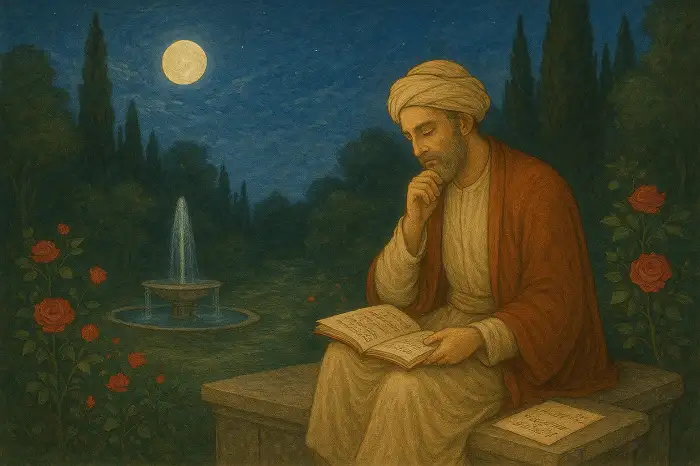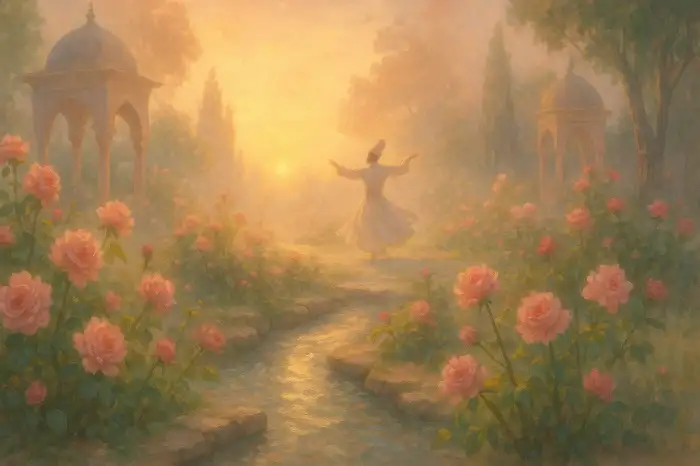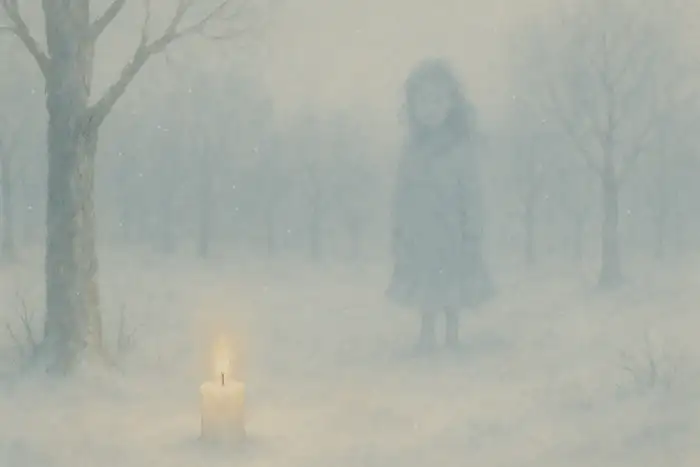Hafiz’s timeless sonnet Gham Makhor (Do Not Grieve) is a poetic masterpiece filled with hope, resilience, and divine wisdom. In this beautifully composed verse, Hafiz reassures the reader that hardships are temporary, and the tides of fate constantly change. Through symbolic imagery—such as the return of Joseph to Canaan, the transformation of sorrow into joy, and the guidance of Noah through the storm—he conveys a universal message of patience and trust in the unseen. Below, you will find the full poem in Persian, accompanied by its English translation and phonetic transcription, allowing readers of all backgrounds to appreciate its profound ...
Home » Learn Persian Online with 500 Persian Lessons + Videos » Do Not Grieve: A Sonnet by Hafiz with Translation & Phonetics

Do Not Grieve: A Sonnet by Hafiz with Translation & Phonetics
Updated: by Dr. Mohammad Hossein Hariri Asl
Time to Read: 7 minutes | 327 Views | No Comments on Do Not Grieve: A Sonnet by Hafiz with Translation & Phonetics
Share This Post
About the Author
Dr. Mohammad Hossein Hariri Asl is an English and Persian instructor, educator, researcher, inventor, published author, blogger, SEO expert, website developer, entrepreneur, and the creator of LELB Society. He's got a PhD in TEFL (Teaching English as a Foreign Language).
Number of Posts: 4242


